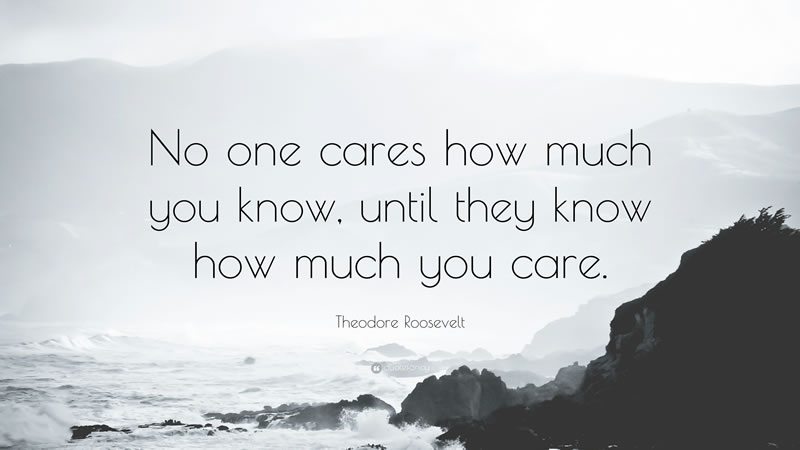Be honest, how many times have you caught yourself telling a colleague ‘I know how you feel’ when they explain a challenging situation to you – particularly during the COVID pandemic as we’re all in this together?
The fact is, in all honesty you probably have absolutely no idea how they are feeling – and while with the pandemic we are all facing the unknown threat of a killer virus with severe restrictions on our daily lives, every individual is experiencing this once in a lifetime (hopefully) situation in vastly differing ways.
So, unless you have the time, energy and inclination to walk even a mile in the shoes of everyone with whom you interact, it’s a useless statement.
Worse still, it’s a throwaway, lazy remark which shows a complete lack of thought for the other person.


Empathy
Yet nine times out of ten, it’s probably delivered from a place of kindness and well-meaning with the intention of showing empathy to the other person’s plight – laudable and, research has now shown, a key leadership quality.
So actually, it’s all about the words we use behind the sentiment and the behaviours we demonstrate in our daily lives.
US President Theodore Roosevelt once said: ‘Nobody cares how much you know, until they know how much you care.’
And with the current poor state of the nation’s mental health (which was ailing pre-pandemic and is now on the critical list), it’s clear to see why empathy is so vital.
Respect
No, we might not have the first clue how someone else is feeling but we can afford them the respect they undoubtedly deserve and try to see things from their perspective, appreciating we’re all wired differently.
Any personality profiling mechanism will show you the world – and therefore working environment – is made up of a wide variety of characters: extroverts, introverts, task-oriented, people-focused, the list goes on. But it just goes to show that the same set of circumstances, or project, will be approached in very different ways.

Nobody cares how much you know, until they know how much you care

Trust
As leaders, it is our job to recognise that, celebrate difference and the strengths that can bring to a situation and create an atmosphere of healthy trust and respect.
The least we can do is check in with colleagues regularly, listen to their views and, where they have concerns, offer to explore ways to alleviate them.
It is in that environment where people feel appreciated that loyalty is fostered, creativity flourishes and a true sense of teamwork comes to the fore – again, particularly important when significant numbers of people are still working remotely, at least part-time, and office ‘bonding’ is harder to achieve.
Lockdown
The pandemic has taught us many things, especially about ourselves. Take lockdown, even the word had a million or more different meanings according to individual circumstances – being forced to stay at home, potentially isolating from loved ones in the same household to avoid infection, was significantly different for the single parent of three young children living in a high rise block than the company director in a large detached house with an extension with separate entrance, large garden and en-suite facilities. Yet both those families experienced lockdown. It’s impossible to know how the other one felt, but one can empathise about the upheaval to their daily routine, whatever it looked like. You get the picture.
So yes, in every situation try to see it from the other person’s point of view, especially in a disagreement or confrontation. However, be careful. Sometimes our empathising with someone allows them to take advantage of us and we can go too far in making allowances where really few, if any, are required.
To be an effective leader, empathise to a point but keep your own needs and requirements front and centre in your mind’s eye and you won’t go far wrong.

